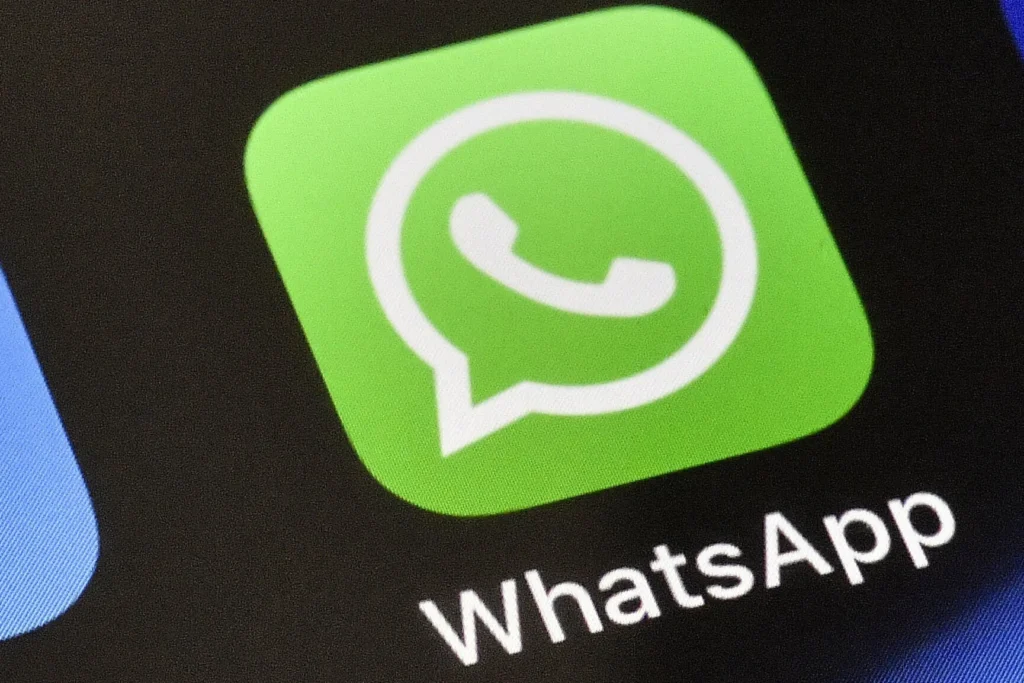In a move that has shocked digital rights advocates and tech experts, the Iranian government has asked citizens to remove WhatsApp from their smartphones. This request, made by the Ministry of Information and Communications Technology in June 2025, highlights the growing conflict between government control and personal communication freedom. While many countries debate encryption, Iran has taken a step that could reshape its digital future.
Why Is Iran Targeting WhatsApp Now?
Iran has a history of controlling internet access, but this announcement is different. Officials claim WhatsApp’s link to Meta, a U.S.-based company, is a risk to national security. They also argue that the app’s end-to-end encryption makes monitoring difficult, which can enable people to organize protests or share banned information.
Many experts believe the true goal is more control. Protests have been growing across the country, and encrypted apps like WhatsApp have played a key role in organizing and spreading updates. By urging citizens to delete WhatsApp, Iran may be trying to stop this flow of information.
Has Iran Banned Apps Before?
Yes, multiple times. In recent years, Iran has blocked or restricted access to Telegram, Signal, and Clubhouse. The government often says these actions are for national security or moral reasons. However, many believe the real motive is to control speech and limit communication.
Despite these blocks, users often find ways to stay online. VPNs and other tools help people remain connected. Removing WhatsApp could be more disruptive, though, since it is one of the most widely used apps in Iran.
What did the Iran government say?
The Ministry of ICT released a statement through the IRNA news agency:
“Due to rising concerns over foreign spying, citizens are encouraged to switch to domestic communication apps that protect national security.”
Critics say this statement is misleading. They argue that most local apps do not protect user privacy. In fact, many may allow the government to read private messages. So, deleting WhatsApp could actually lead to more government surveillance.
What Apps Are Being Promoted Instead?
The government is recommending several locally made apps. These include:
- Soroush
- Bale
- Rubika
- Ita
These apps offer basic features like text messaging and calls. However, few of them use strong encryption. Reports from watchdog groups suggest that these apps store data in ways that let the government access it. As a result, many users do not trust these platforms.
How are Iranian people reacting?
People are reacting in different ways:
- Some are deleting WhatsApp to avoid future trouble.
- Others are using VPNs more, expecting the app to be banned soon.
- Businesses are setting up other ways to stay in touch with customers.
There is also confusion. It’s not clear whether this request is just advice or a warning of a coming ban. Many people are unsure what will happen if they keep using the app.
What Are Experts Saying?
Groups that support online freedom have spoken out. They say forcing people to use apps without strong privacy protections is a human rights issue.
A spokesperson from the Electronic Frontier Foundation said:
“Encryption is not a threat—it protects people’s rights.”
The United Nations Special Rapporteur on free speech also criticized the move. They said it threatens personal freedom and could isolate Iran from the rest of the world.
Why Deleting WhatsApp Could Be Risky
Switching to local apps may seem harmless, but it comes with big risks. Users lose the security of WhatsApp’s encryption. They may also face more government tracking.
Some risks include:
- Weak security in local apps
- Lower privacy, since messages might be monitored
- Fewer contacts, especially outside Iran
In short, users may be pushed into apps that don’t protect their data.

How Does This Compare Globally?
Iran is not the only country doing this. Other nations have taken similar steps:
- Russia tried to block Telegram.
- India passed rules to trace messages.
- China controls most foreign apps.
In all these places, people have found ways to keep their online freedom. VPNs, creative tools, and global pressure help protect digital rights.
Frequently Asked Questions (FAQ)
Is WhatsApp banned in Iran?
No. The government has asked people to delete it, but it still works for now.
Why does Iran want WhatsApp removed?
Officials say it is a national security issue. Critics think it is about controlling communication.
Are the local apps safe?
Most are not. They lack strong privacy features and may be monitored.
Can people still use WhatsApp with a VPN?
Yes. If a ban is put in place, VPNs may help users access it.
What is the global response?
Digital rights groups have strongly criticized the move as a threat to privacy.
Final Thoughts
Iran’s request to delete WhatsApp is not just about an app—it’s about freedom. It raises serious questions about who controls digital communication. Citizens are now faced with a choice between convenience and privacy.
This moment is important. It shows why protecting online rights matters. Around the world, people must keep working to defend their digital freedom.


